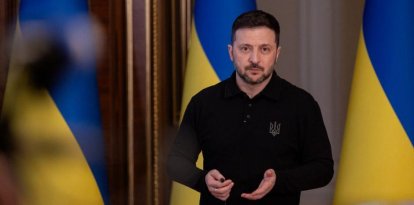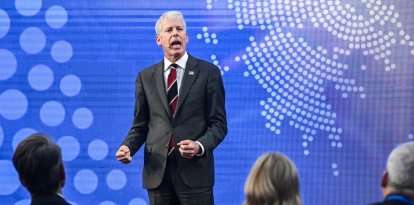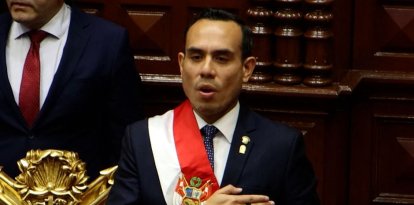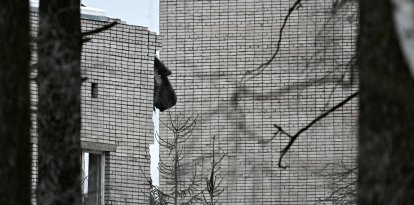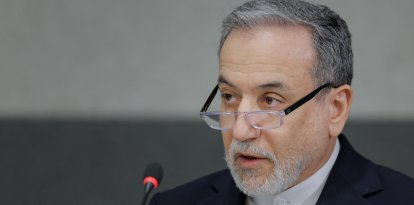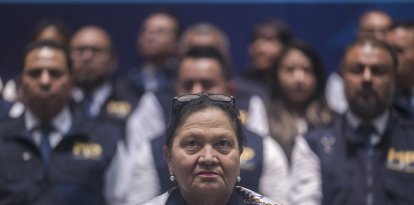Germany to the right: AfD party wins regional elections for the first time in post-war history
The Alternative for Germany (AfD) party won the elections with approximately 33.1% of the votes, beating the conservative CDU, which obtained 24.3%.
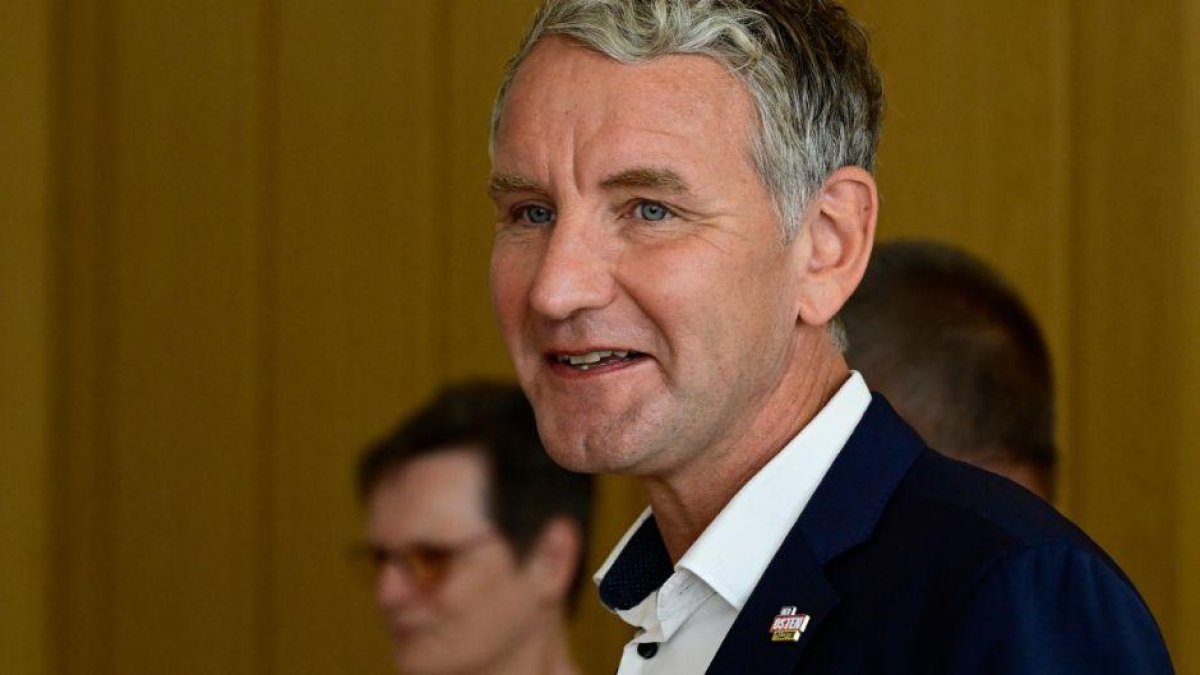
Bjoern Hoecke, AfD (Alternative for Germany) candidate for the Thuringia regional elections.
Germany's right-wing Alternative for Germany (AfD) party won regional elections in Thuringia on Sunday, nipping at the heels of the conservative Christian Democratic Union (CDU) in Saxony. According to exit polls, these results are unprecedented since the postwar period and a blow to Chancellor Olaf Scholz.
These elections were held in a particularly tense atmosphere, more than a week after the triple knife murder of a Syrian man in Solingen. The attack that shocked Germany and stoked the immigration debate.
In Thuringia, a state in eastern Germany where the right-wing AfD party won abroad with about 33.1% of the vote, ahead of the conservative CDU (24.3%), according to early polls at the close of polling stations.
"We are ready to take over government responsibilities," AfD leader in Thuringia Björn Höcke, one of its most radical figures, told public television.
The AfD's victory in Thuringia is unprecedented in the country since the post-war period. However, it is unlikely that it will lead the region since the other formations reject any coalition with this formation.
The AfD received a "clear mandate to govern," declared by one of its leaders at the national level, Tino Chrupalla, who affirmed that the formation is willing to "talk with all parties."
In Saxony, where elections were also held, the conservative CDU party of former Chancellor Angela Merkel had a slight lead with 31.7% of the vote and was closely escorted by the AfD with 31.4%.
"The voters know that we will not form a coalition with AfD," the CDU secretary general, Carsten Linnemann stated on Sunday. He defends that his formation must lead the negotiations to form a government.
Sanction to the Scholz government
The new party BSW, founded by the German left-wing figure Sahra Wagenknecht, achieved a breakthrough with more than 10% in both regions and could be key in the negotiations.
Both AfD and BSW were seduced by their discourse against immigration and by calling to cease the delivery of arms to Ukraine, a very popular position in those regions that belonged to the former German Democratic Republic (GDR) and where the fear of war is still deeply rooted.
The early results confirm a major blow to the coalition government of head of government Olaf Scholz with the Greens and the FDP liberals, a year away from the general election in 2025.
The chancellor's Social Democratic Party (SPD) won between 6.5% and 8.5%.
For their part, the Greens are leaving the Thuringian Parliament, and the FDP Liberals will no longer be represented in any of the regional assemblies.
These Lander, which have significant prerogatives in education and security in the German system, could be governed by broad, heterogeneous alliances involving the right and the left.
AfD leaders sought to capitalize on the outrage over the Solingen attack and accused successive federal governments of having sown "chaos."
The alleged attacker, suspected of maintaining relations with the jihadist organization Islamic State (IS), had evaded an expulsion order.
Under pressure, Scholz's government announced tightening gun-carrying rules and immigration control.
"Extreme changes"
"There must be extreme changes" on immigration and "this would be possible with the AfD," declared Jörg, a voter in the far-right party who declined to give his last name.
The AfD, euroskeptic when it was formed in 2013, was radicalized after the great migration crisis of 2015, the COVID-19 pandemic, and then the Russian war in Ukraine, which weakened Europe's first economy.
The party achieved several electoral successes in recent months and scored its best-ever result in the June 9 European elections.
The former GDR proved fertile ground for AfD, not least because of the inequalities that have persisted since the country's reunification in 1990. The deep demographic crisis also plays a role despite an improving economic situation.














